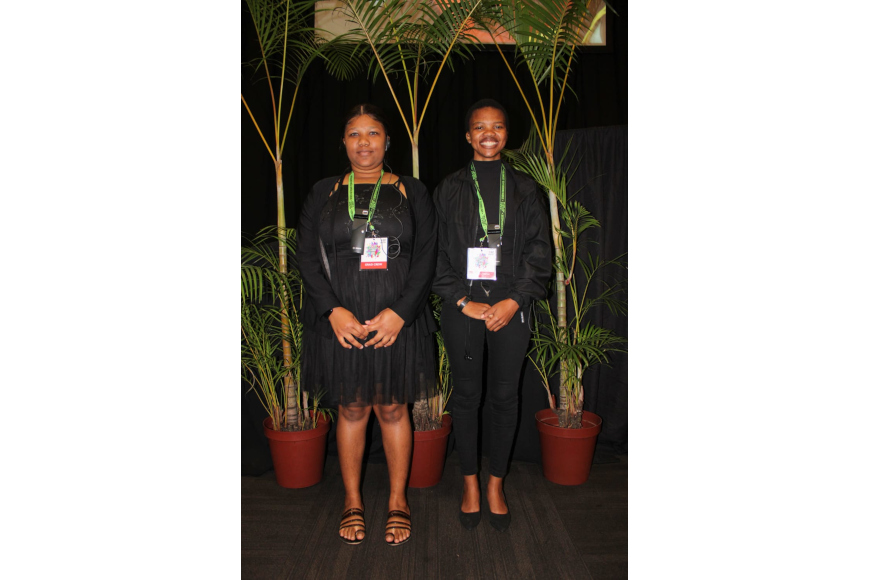The Information Systems Department’s Deaf Centre at the Durban University of Technology (DUT) recently piloted the first of what is to become officially included in the Deaf Student Orientation programme.
The Deaf Centre is based on Ritson Campus and offers holistic support to facilitate the successful inclusion of the deaf community in the University’s Information Systems (IS) Information Technology (IT) programmes. The Deaf Centre boasts three qualified South African Sign Language interpreters and a Deaf Culture Liaison Officer. The centre supports its academic and support staff by providing South African Sign Language interpreting and translation services. Relying on the expertise of its Deaf Supervisor, Mr Sthembiso Thabethe, the centre facilitates in-house informal South African Sign Language basic communication training. Mr Thabethe, the first Deaf DUT IT Honour’s Degree student, who also supports IS/IT Deaf undergraduate students with Deaf-On-Deaf tutoring. The centre endeavours to promote deaf culture and deaf pride.
The Information Systems Department’s Deaf Programme Coordinator, Mr Petri du Toit, firmly believes in creating equal access to information through South African Sign Language.
“People tend to think that interpreters only interpret for deaf people, when in fact, they interpret for hearing people too. We create equal access to information for everyone in the conversation,” he reports.
Working through a South African Sign Language interpreter can be considered an unnatural communication process. The communication flow of information shared between two people within a specific context and considered confidential is suddenly interrupted when the dialogue becomes triangular in nature. Having a third person in the conversation is something to get used to, not only for the hearing community but also for the deaf community. The interpreter delicately facilitates the power dynamics of each stakeholder in the conversation as he/she navigates between two cultures: one based on audio and one completely devoid of it; one where every facial expression and visual gesture forms the foundation of its intricate grammar system and the other oblivious to the meaning of intricate visual cues. Yet, the interpreter bridges the gap in the most unobtrusive way, guided by a strict code of ethics underpinned by confidentiality.
As the declaration day of South African Sign Language as the 12th official language draws nearer, the demand for qualified and trained South African Sign Language interpreters’ increases.
“The more access to interpreters we provide, the less of a novelty and less tokenised South African Sign Language interpreting will be. Until the day a triangular third-party conversation becomes the norm, interpreters have the responsibility to explain their complex role very clearly to both hearing and Deaf communities, who use the services of South African Sign Language interpreters,” said du Toit.
In empowering the University’s Deaf students with the knowledge to adapt to a hearing majority environment, the centre’s interpreters recently presented a South African Sign Language interpreter code of ethics training workshop. This is an extension of continued awareness raising amongst academic staff on best practices and optimal use of interpreters in a classroom environment. At the end of the training, DUT’s Deaf students learnt that they have the right to access quality interpreting services. They also acknowledged that they have the responsibility to use the services of South African Sign Language interpreters as a means to independence. The training workshop will be taught to all the first year IS/IT students yearly and the centre will facilitate reflective and open dialogue sessions throughout the year.
To access the text translated to South African Sign Language go to: https://drive.google.com/file/d/1yG1ncli9KArwRgF5n4weTG_v5n8SJouL/view?usp=sharing
Pictured: DUT interpreters, Pinky Zulu and Fezeka Zeka form an integral part of DUT Graduation ceremonies.
Copy Supplied by the Information Systems Department’s Deaf Centre.


